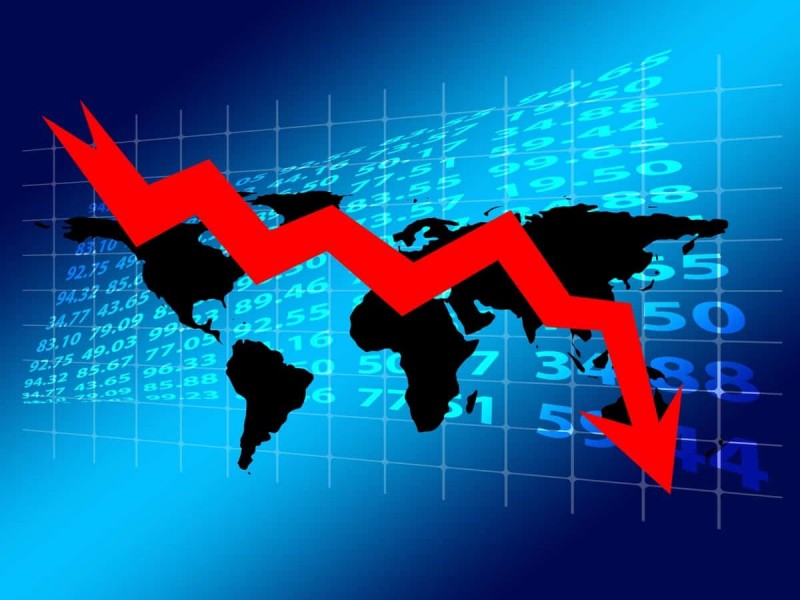
Global economy is a term which has exploded ever after the beginning of the globalization era around the world. Global economy can be understood as the activities that take place within the countries and different countries. The global economy is segregated into four types-traditional economy, command economy, mixed economy and market economy.
In the past years there has been change in the pattern of countries acting and organizing with each other. Sometimes the activities that take place within the countries can reflect a positive or negative impact on the either one or on all the involving countries. These impacts not only affect the goods and services of the countries but also the movement of the people.
As per the World Bank analysis of the current situation around the globe it has estimated that the world will face recession slashing down the economy to 1.7% which was earlier projected to attaining an outlook of 3%.
This year the economy globally is facing a decade high inflation lowering the post-lockdown spending and pushing the central banks to hike borrowing costs at an exceptional clip to bring it under control.
There have been several factors that are becoming the reasons of the recession including the reduced wages, consumptions, war situations, assets price not limiting with these reasons. “The current high inflation, low growth, high debt and high fragmentation environment reduces incentives for the investments needed to get back to growth and raise living standards for the world's most vulnerable," said Saadia Zahidi, Managing Director at the World Economic Forum.
Central banks across the world have became the major reasons of the recessions as they hike the interest rates in response of the inflation in the economy with which financial crises will also emerge in the market and could cause a long lasting harm to the developing economies stated by a study of the world bank.
One third of the economy globally will face recession this year and this year could turn out to be the toughest for economies comparing from the last year as US, EU and China can witness their economies slowing down.
Recession this year will make to the third weakest pace of growth in nearly three decades, overshadowed only by the global recessions caused by the pandemic and the global financial crisis.
Weak demands higher interest rate and higher inputs costs are going to stand out in the era of recession. Central banks, china, energy prices have their individual roles in the move of economy towards recession.
Central bankers are operating on a meeting-by-meeting basis as they parse through the latest data. They have stressed they don’t know how high they’ll need to raise rates, or how long they’ll need to keep them there, in order to get inflation back near 2% and keep it there. If prices continue to rise by more than they’d like, central banks may be more aggressive than planned, putting further pressure on the global economy.
China imminent reopening as the world’s second-largest economy could spur growth. But it also carries risks. “China’s current depressed state suggests that the potential for lift is large,” Bruce Kasman, head of economic and policy research at JPMorgan Chase, said.
Russia-Ukraine war adds uncertainty to forecasts, especially for countries in Europe, which are weaning themselves off Russian energy, but could still face shortfalls. International Energy Agency found that Europe could face a shortage of natural gas in 2023 if Russia cuts off all gas exports to the region and the weather turns colder.
'Pak will break into many pieces this year..,' says Muqtedar Khan
World Record: Disabled girl made unique painting by writing 'Ram' 50,181 times
Crude down; Harbor Energy to lay off workers due to UK windfall tax